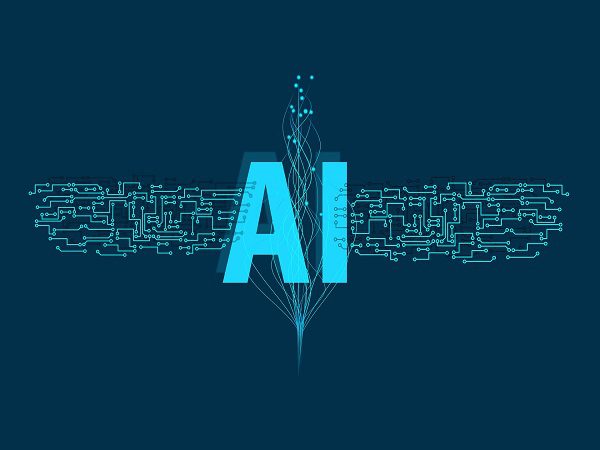Introduction
Artificial Intelligence (AI) has become an integral part of our daily lives, revolutionizing industries and reshaping the way we perceive technology. While modern AI developments are celebrated, it’s essential to recognize the forgotten heroes who laid the groundwork before the turn of the millennium. In this article, we delve into the stories of AI trailblazers whose contributions often go unnoticed in the fast-paced world of technological innovation.
The Pioneers:
Alan Turing: The Enigma Unraveler
Often hailed as the father of computer science, Alan Turing’s influence on AI cannot be overstated. His groundbreaking work during World War II, cracking the Enigma code, laid the foundation for machine learning. Turing’s concepts of computation and algorithms were instrumental in shaping the early landscape of AI, setting the stage for future advancements.
Marvin Minsky:
The Visionary Mind
A co-founder of MIT’s AI laboratory, Marvin Minsky played a pivotal role in shaping the field of artificial intelligence. His work on neural networks and the creation of the perceptron—a basic building block for artificial neural networks—marked a significant step forward. Minsky’s dedication to understanding human cognition and replicating it in machines contributed immensely to the field’s evolution.
John McCarthy:
The Father of AI
John McCarthy coined the term “Artificial Intelligence” and organized the Dartmouth Conference in 1956, a pivotal moment that marked the birth of AI as a distinct field of study. McCarthy’s development of the LISP programming language, specifically designed for AI applications, facilitated experimentation and innovation in the budding field.
Herbert A. Simon:
A Nobel Mind in AI
Herbert A. Simon, a Nobel laureate in economics, made substantial contributions to AI by creating the concept of bounded rationality. Alongside Allen Newell, Simon developed the General Problem Solver, a program that aimed to simulate human problem-solving abilities. Simon’s interdisciplinary approach to AI opened new avenues for collaboration with other scientific disciplines.
The Forgotten Heroines:
Grace Hopper: A Programming Pioneer
Grace Hopper’s contributions to AI are often overshadowed by her role in the development of the COBOL programming language. However, her work on the UNIVAC I, the first commercially produced computer, showcased her early forays into machine learning and paved the way for future innovations.
Elaine Rich:
Expert Systems Innovator
In the 1980s, Elaine Rich made significant strides in AI through her work on expert systems. Her groundbreaking book, “Artificial Intelligence,” became a cornerstone for understanding the intricacies of AI. Rich’s dedication to AI education and her exploration of knowledge representation techniques remain influential to this day.
Pamela McCorduck:
Chronicler of AI Evolution
While not a developer herself, Pamela McCorduck deserves recognition for chronicling the history of AI in her book “Machines Who Think.” Her thorough exploration of AI’s evolution provided valuable insights into the challenges and triumphs of the field, preserving the stories of those who shaped AI pre-2000.
The Technological Milestones:
Shakey the Robot: A Mechanical Marvel
Developed in the late 1960s at the Stanford Research Institute, Shakey the Robot was a pioneering project that integrated AI techniques for problem-solving and decision-making. This early exploration of robotics and AI laid the groundwork for future developments in autonomous systems.
MYCIN:
Revolutionizing Healthcare
In the 1970s, researchers at Stanford University developed MYCIN, an expert system designed to diagnose bacterial infections and recommend antibiotic treatments. This marked a crucial step in the application of AI to healthcare, showcasing the potential of AI systems to assist medical professionals in decision-making.
Conclusion:
As we marvel at the advancements of contemporary AI, it is essential to pay homage to the forgotten heroes and heroines who paved the way for the intelligent systems we interact with today. The pre-2000 era laid the foundation for AI’s growth, and the contributions of these trailblazers continue to shape the trajectory of artificial intelligence. By understanding and acknowledging their efforts, we gain a deeper appreciation for the evolution of AI and the relentless pursuit of creating machines that can think and learn like humans.



































